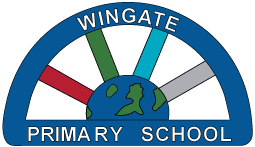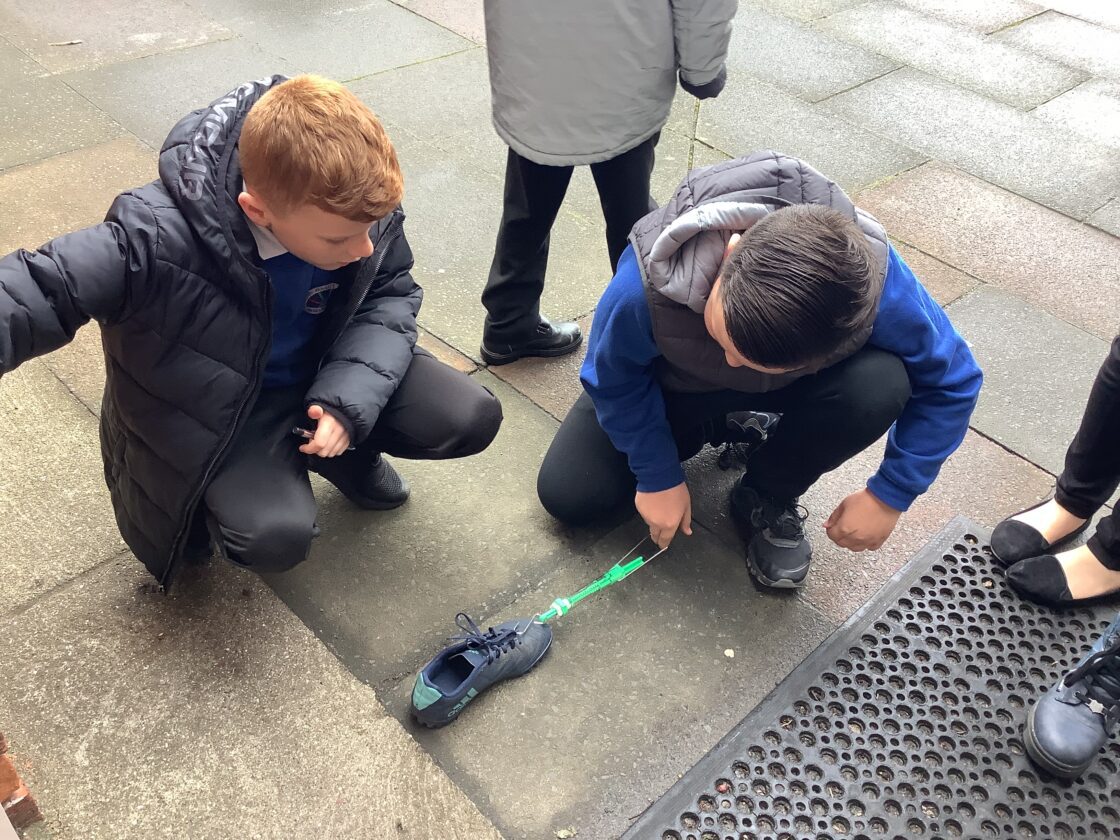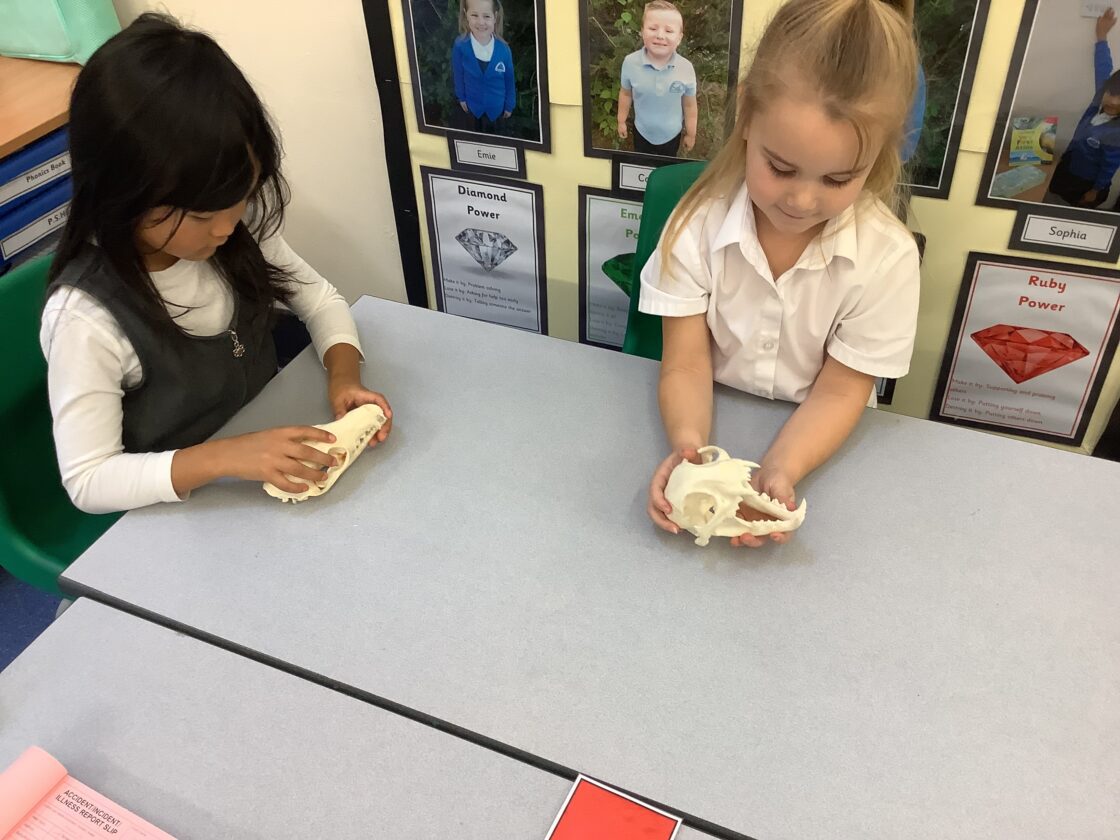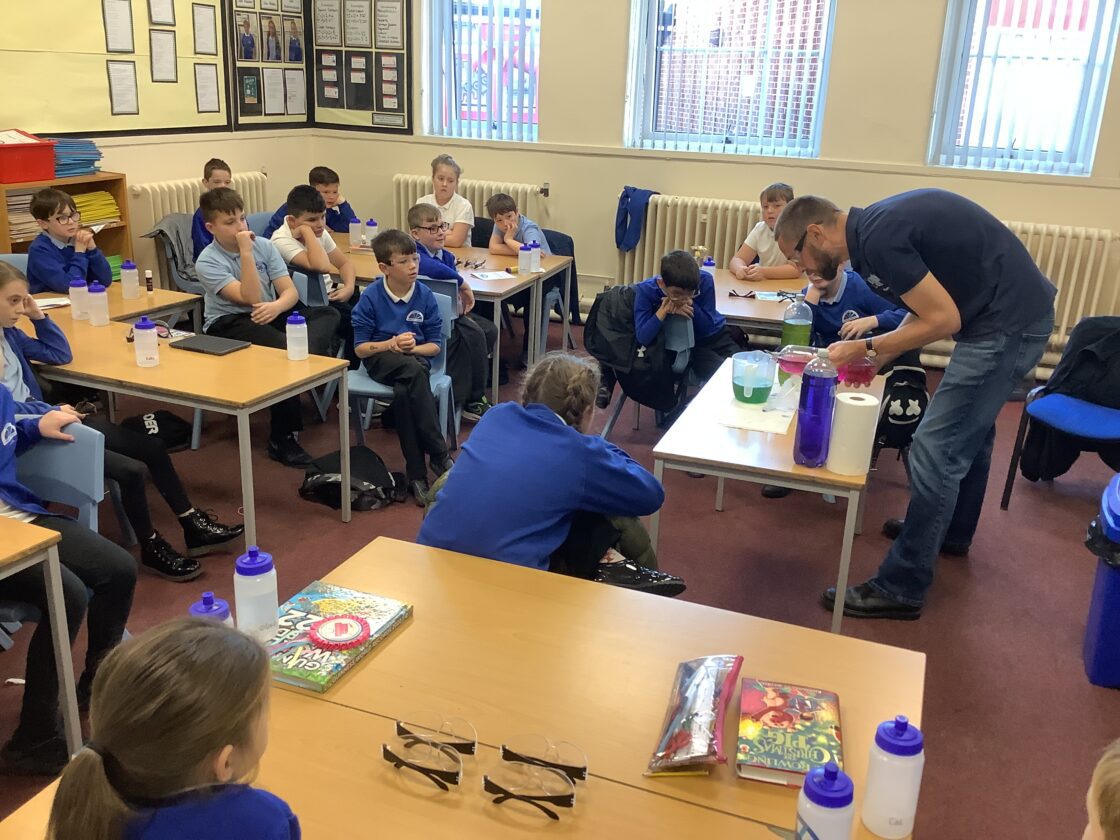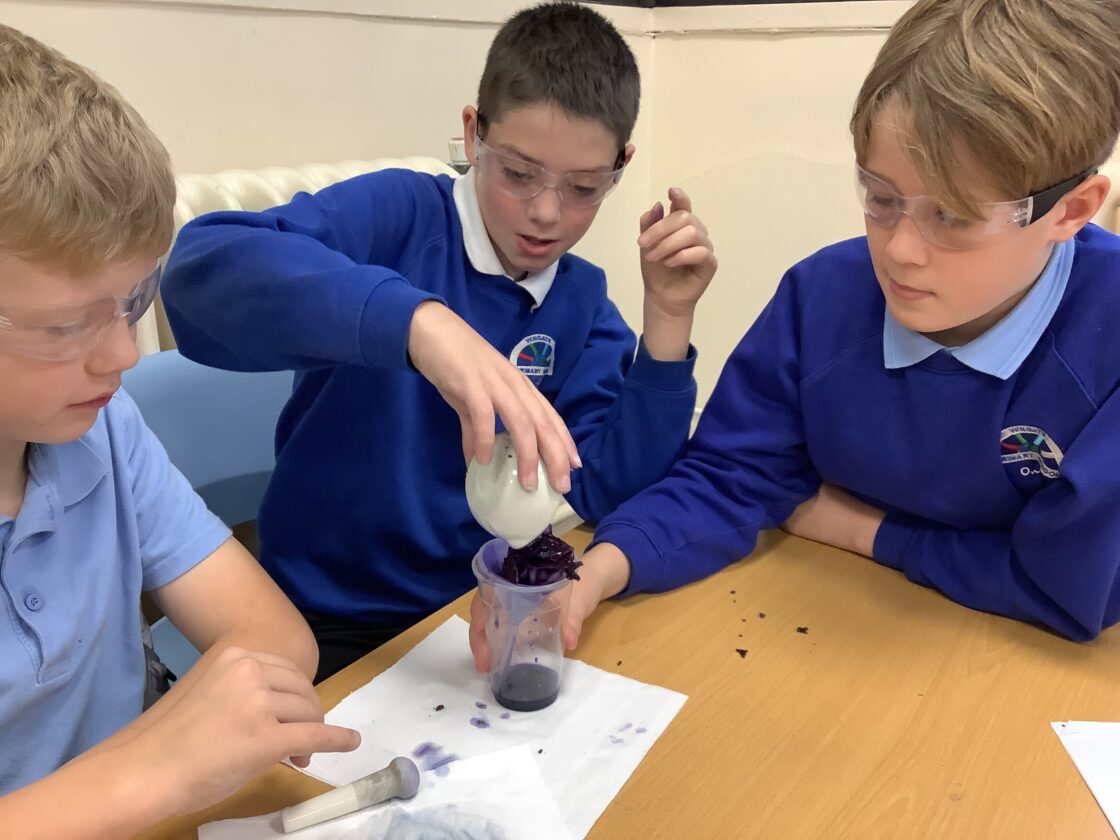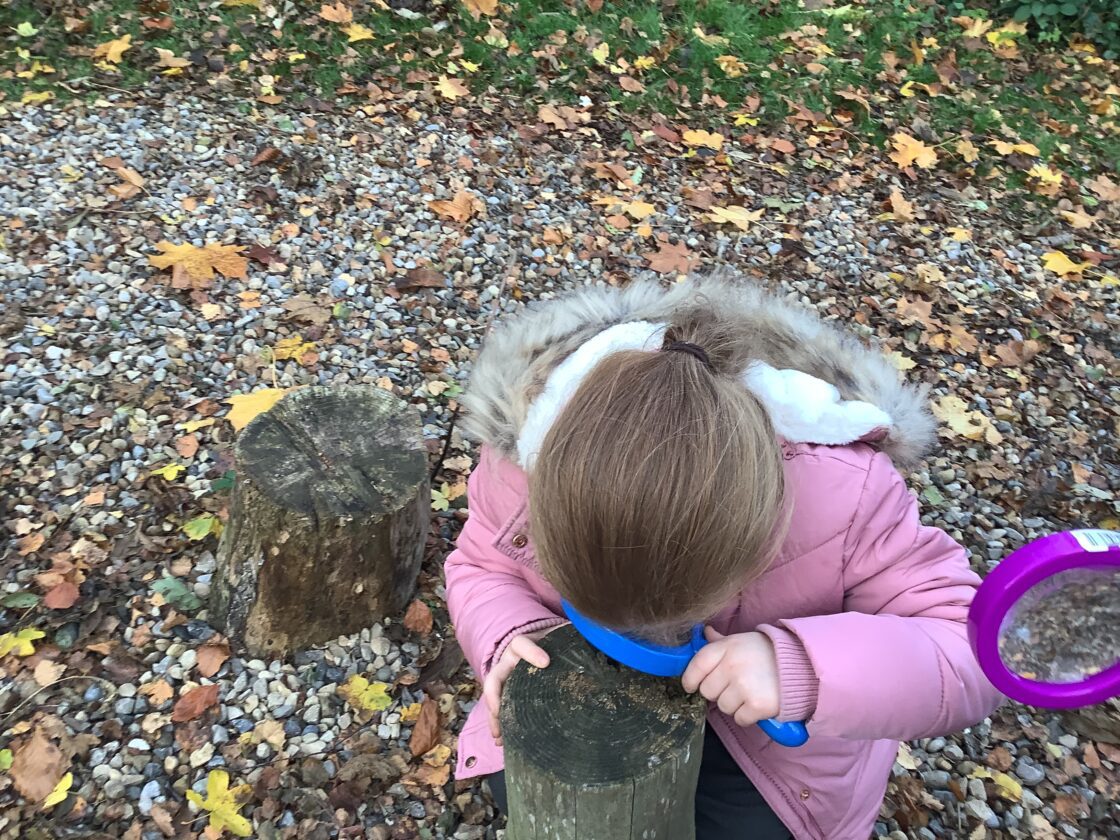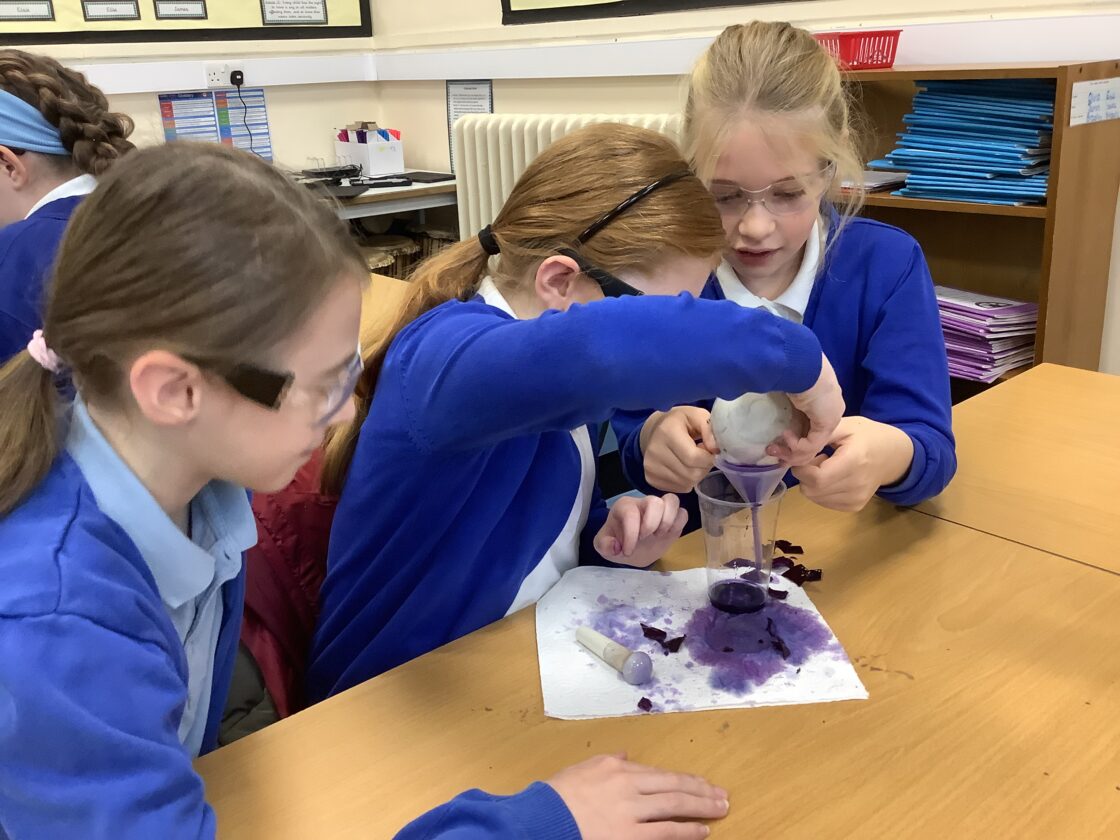Our Intent, Implementation and Impact Statement for Science
The rights and dignity of our children are at the heart of everything we do, every decision we and they make and every driver for making progress and helping our children to develop as responsible, valued global citizens who want to make a positive contribution to their and our world.
In our school it is our intent that we help children to develop resilience, perseverance, autonomy and focus. Our children learn that they are valued and valuable, they are independent people in their own right and they have the power to do wonderful, amazing things at every stage of every day.
Every one of our children is a unique individual with their own strengths, aptitudes, interests and dreams. As a school community we will endeavour to support each child to make the most of every opportunity we offer.
We provide enriching experiences to engage learners and in designing and developing our curriculum we have taken into consideration
- how children learn and remember; progress means knowing more and remembering more
- what our children need to succeed in life; the cultural capital they need to make aspirational choices and succeed beyond their time at Wingate Primary School.
The key drivers for our curriculum are:
Ambition and aspiration
Resilience and courage
Autonomy and independence
Perseverance and solution finding
Intent Statement
Science is a fundamental part of everyday life and developing understanding in this area is essential for the future of our world. At Wingate Primary School, we believe Science encourages children to ask questions and develop an understanding of the world around them. Science at our school promotes investigation, questioning and hands on experiences led by children’s curiosity. We believe that all pupils should be taught essential aspects of the knowledge, methods, processes and uses of Science.
Implementation
In ensuring high standards of teaching and learning in science, we implement a curriculum that is progressive throughout the whole school.
Planning for science is a process in which all teachers are involved to ensure that the school gives full coverage of, ‘The National Curriculum programmes of study for Science 2014’ and, ‘Understanding the World’ in the Early Years Foundation Stage. Science is taught as discrete units and lessons to ensure coverage. Science units ensure progression between year groups and guarantees topics are covered.
The acquisition of key scientific knowledge is an integral part of our science lessons. The progression of skills for working scientifically are developed through the year groups and scientific enquiry skills are of key importance within lessons. At Wingate Primary School, teachers create a positive attitude to science learning within their classrooms and reinforce an expectation that all children are capable of achieving high standards in science. Our whole school approach to the teaching and learning of science involves the following;
- We plan for problem solving and real life opportunities that enable children to find out for themselves. Children are encouraged to ask their own questions and be given opportunities to use their scientific skills and research to discover the answers. This curiosity is celebrated within the classroom. Planning involves teachers creating practical, engaging lessons with opportunities for regular, precise questioning in class to assess conceptual knowledge and skills, and to identify those children with gaps in learning.
- Our curriculum is progressive. We build upon the learning and skill development of the previous years. Teachers identify misconceptions that need addressing at the start of each unit of work.
- Working scientifically skills are embedded into lessons to ensure these skills are being developed. New vocabulary and challenging concepts are introduced through direct teaching. This is developed through the years, in keeping with the topics.
- Teachers find opportunities to develop children’s understanding of their surroundings by accessing outdoor learning and workshops with experts such as Captain Chemistry.
- Through enrichment days, such as ‘Science Week’ and through links with Durham University, we promote the profile of science and allow time for the children to freely explore scientific topics
Vocabulary
The promotion of a language rich Science education curriculum is essential to the successful acquisition of knowledge and understanding in Science education. Children have access to key knowledge, language and meanings to understand Science and use these skills across the curriculum. Our Science Vocabulary Overview identifies key vocabulary to be taught from Reception to Year 6. These words are part of a whole host of work aimed at narrowing the vocabulary gap for our children. As a school we aim to expose all children to a broad range of vocabulary and provide them with the skills to use and apply these.
Impact
The impact of our science curriculum is that children at Wingate Primary School enjoy science and this results in motivated learners with sound scientific understanding. Our children are equipped with the scientific skills and knowledge that will enable them to progress from their starting points, and within their everyday lives. Our aim for science is to increase the skills needed to navigate an ever-changing world of science and technology by immersing our children with scientific enquiry skills, key scientific knowledge and investigative skills. Children will have a richer vocabulary which will enable them to articulate their understanding of taught concepts.
Pupil Voice
“I like doing Science. Life cycles are really good and interesting.” Charlie
“I love Science because I like doing experiments. We did an experiment where we planted seeds and put them in different places.” Emie
“My favourite part of Science is doing experiments. We were learning about volcanoes and we did an experiment and the bottle exploded.” Sebastian
“Experiments are always fun and exciting.” Lily
“We had to build a boat to see if it could float.” Charlie
“We used different materials to make our boats – the streamlined boats went faster.” Bradley
“I enjoyed taking my heart rate to find out how our heart rate changes after exercise.” Jay
